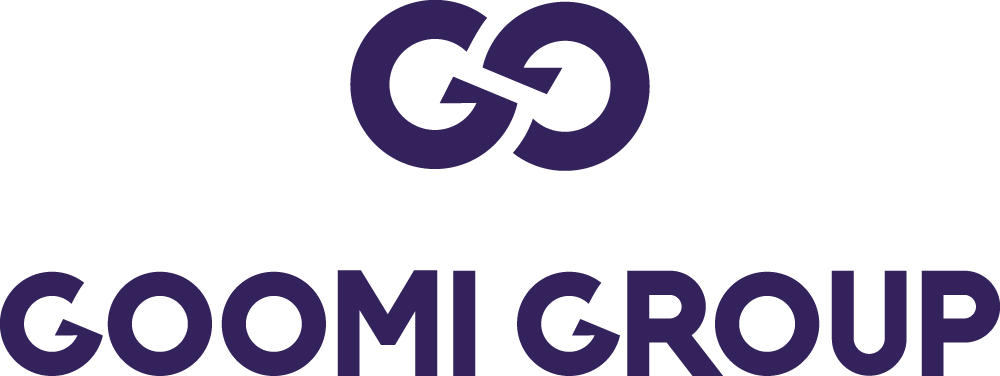In some organizations, the workday day is relaxed, snacks and coffee flow freely all day, and Fridays are also known as “bring your dog to work day.” In other companies, the workday begins at 7 AM, beelining for your car at 5 PM is frowned upon, and no one wants to meet your dog. While each of these examples land on opposite ends of the spectrum, both are examples of company culture.
Simply put, company culture is the shared attitudes, beliefs, and behaviors of an organization. More often than not, company culture is squarely focused on the work environment. It includes things like how people interact with each other, leadership styles, ethics, goals, and expectations.
No doubt company culture plays a key role in people’s overall happiness with their jobs. And while organizations everywhere are making changes to their company culture, many are likely missing the boat if they’re not taking a more holistic approach to employee wellness.
2020 Was The Year Of Change In Company Culture
While the pandemic upended life as we knew it, there was a silver lining, 2020 ushered in a new era in company culture—one that finally includes employee wellness. The mental health of workers everywhere took a hit that year, but time and again, employers stepped up offering mental health days (or weeks) and shorter workweeks. Moreover, many implemented employee wellness programs that gave their workers access to counseling and wellness programs from the comfort of their own homes.
But beyond offering unprecedented access to support systems, many companies still need to up the ante on company culture.
There’s Still Work To Be Done…
While companies everywhere have pivoted to respond to the needs of their employees in ways no one ever thought possible, it looks like there is still some work to be done. If you’ve been paying attention to the latest news, you’ll know that The Great Resignation has been going on for some time.
People far and wide are walking away from long-held jobs. And upon closer inspection, you’ll find that the reasons people are citing for their resignations are closely tied to poor company culture. A survey conducted by software firm, Limeade, showed that the top reasons for employee resignations are:
- Burnout (40%)
- Lack of flexibility (20%)
- Discrimination (20%)
- The company did not support their well-being (16%)
According to the World Economic Forum, in September 2021 alone, a record 4.4 million Americans left their jobs—The Great Resignation shows no signs of slowing down.
So, employers everywhere are scrambling to cut their losses (literally), with many trying to reinvent the wheel. But to find the secret sauce to retention, companies need to look no further than a recent survey conducted by MetLife. The takeaway—a holistic approach to company culture is the key to retention.
3 Ways Employers Can Take A Holistic Approach To Company Culture
Mental Health Must Be An Organizational Priority
First and foremost, employers have to recognize that the mental health of their employees doesn’t happen in a vacuum. Work and personal lives affect their employee’s mental health, and their employee’s mental health affects their work and personal lives.
It used to be that mental health matters were left to HR depts and often handled in secrecy. Today, leaders that can navigate the mental health issues of their employees are almost a requirement. A supportive work environment now means that every leader can handle difficult conversations and situations. Long story short, mental health policies and procedures must move up on the list of priorities.
Get To Know Employees As Individuals
Beyond good company culture, employees are looking for organizations that value them as an individual as well as an employee. People want employers who are excited to meet their fur-babies and their kids. Employees want to work for managers and leaders that take the time to understand them. It makes all the difference to have leaders who know what motivates employees, what they value, and their future goals. Employees want to feel seen; no one wants to be a number punching a clock.
Offer More Than A High Salary
According to the Metlife Employee Benefits Trend Study, 68% of employees say that employers have a responsibility for the health and well-being of their employees. Moreover, 3 out of 10 employees have indicated that they would trade a higher salary for better benefits.
In light of such statistics, it’s abundantly clear that a higher salary is not the be-all-end-all—every time. While higher salaries may offer security in the short term, it doesn’t go far when employees think about their future.
Instead of bumping salaries higher, employers are better off diverting funds into programs that spherically support their employees’ lives. The best benefits packages are the ones that help employees reach their goals (both personal and professional). Even better packages speak directly to the stressors in their lives. More often than not, those stressors include personal finances, retirement savings, and health concerns for themselves and their families.
In the end, employee wellness programs, retirement plans, and robust benefits packages will not only serve to make employees feel comfortable now, but they’ll be far more likely to feel better about their future.

